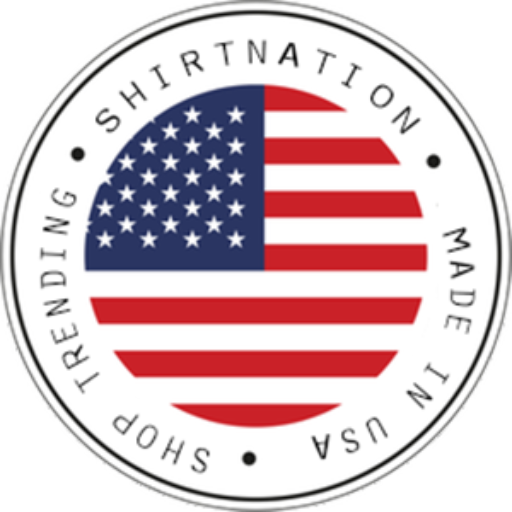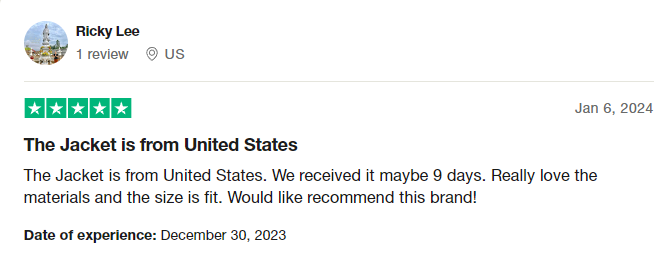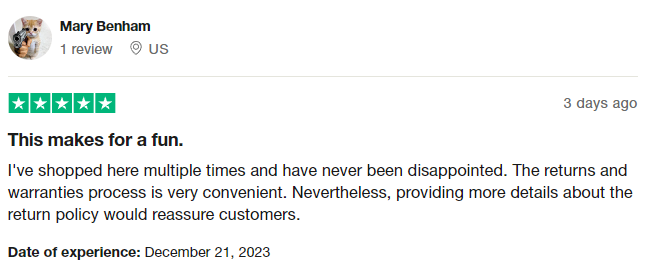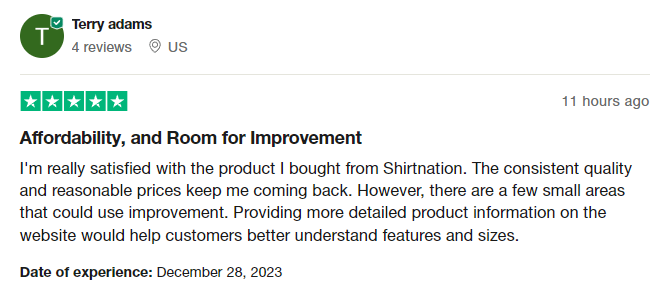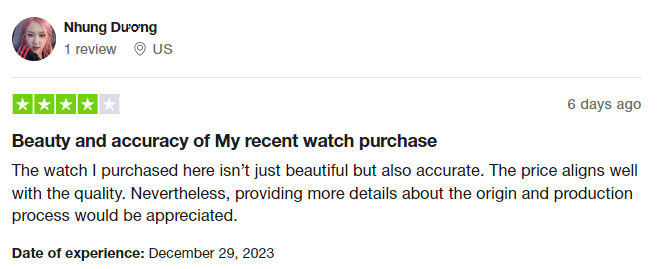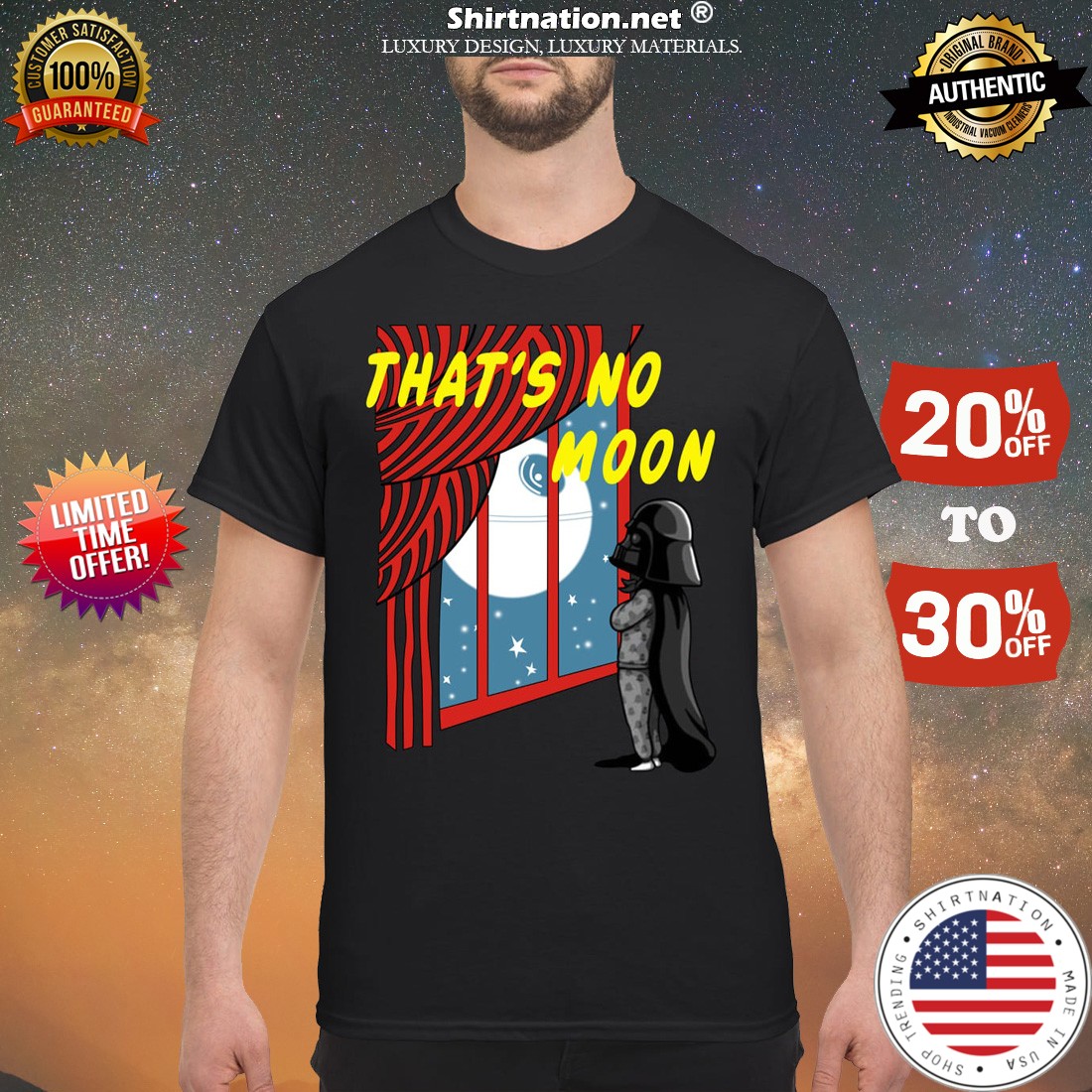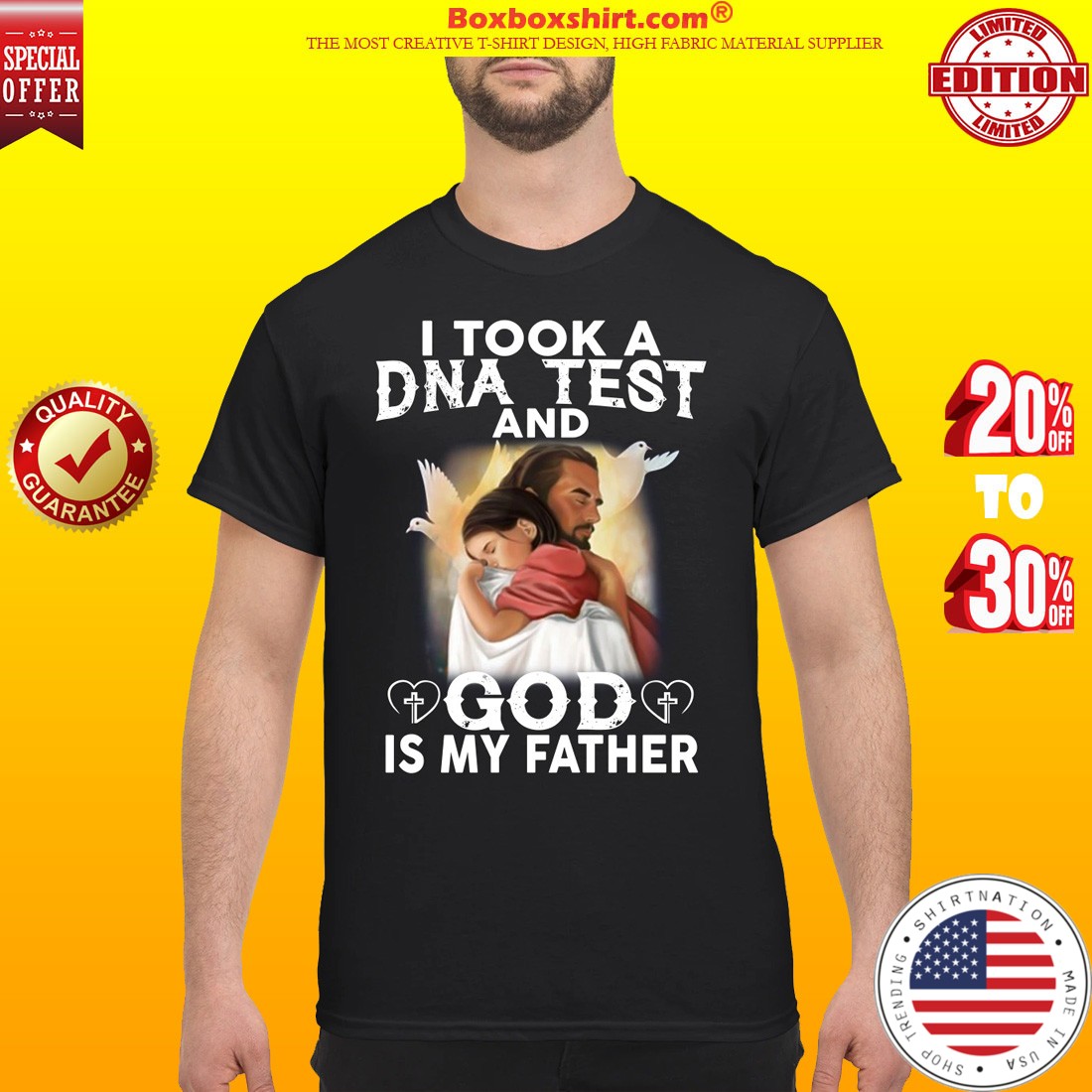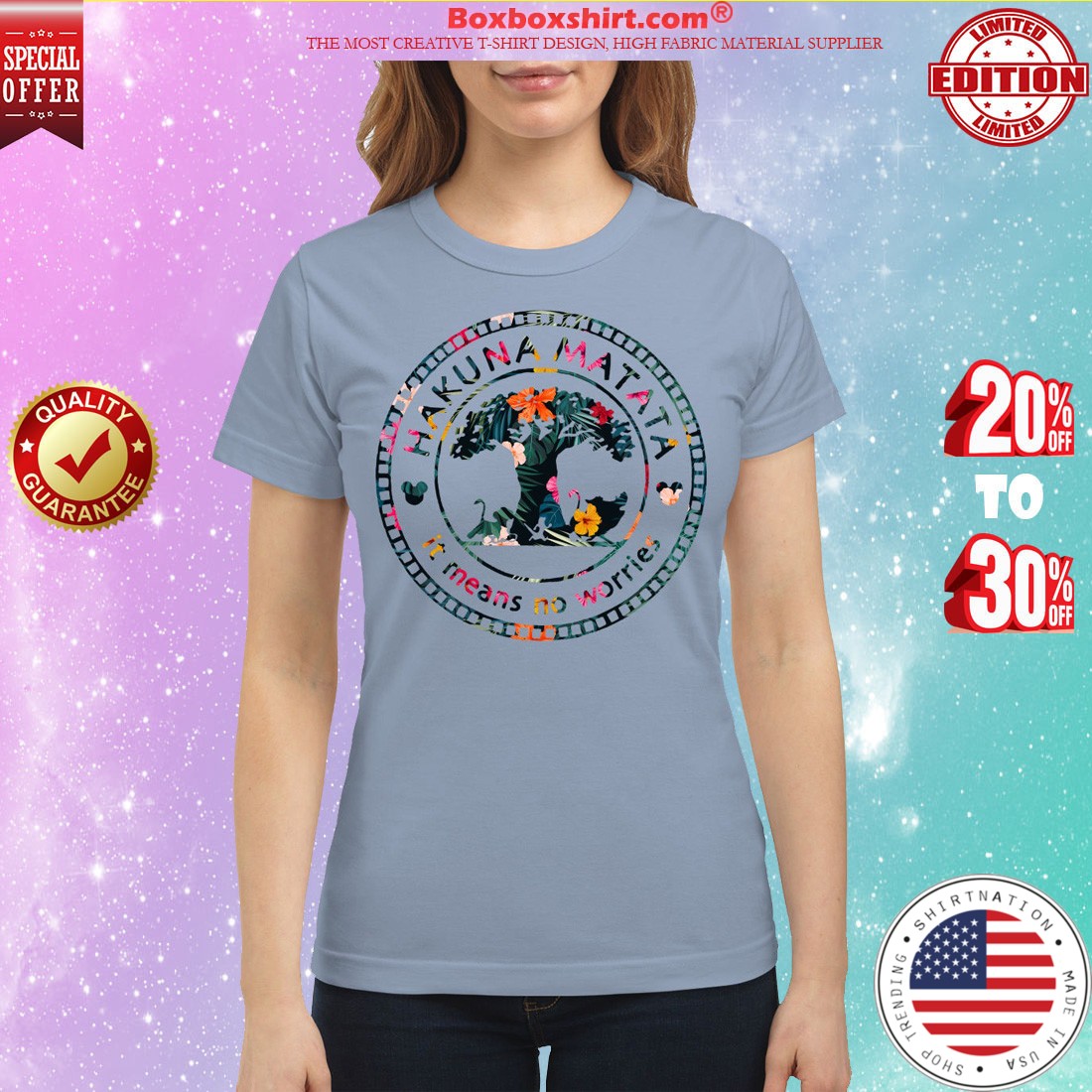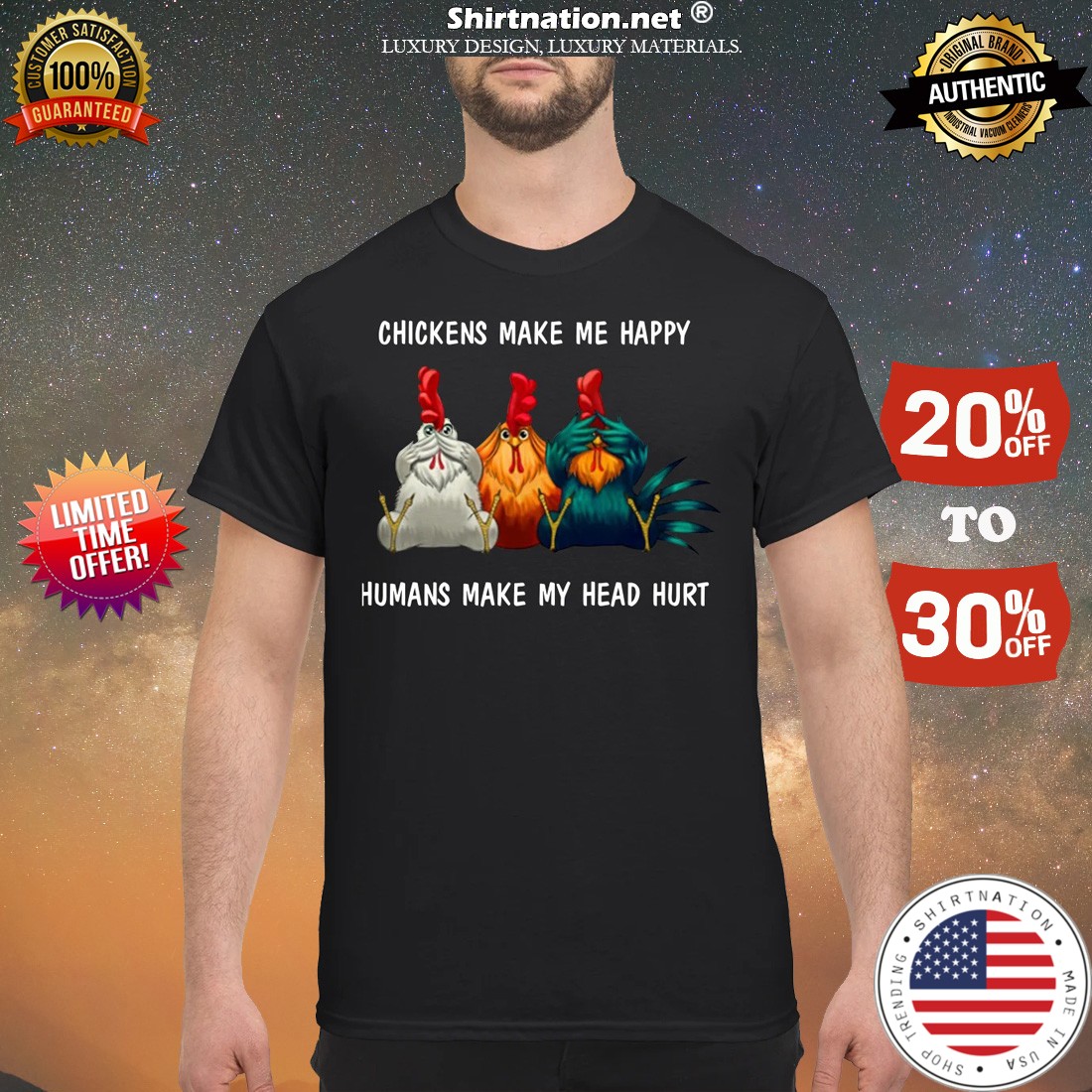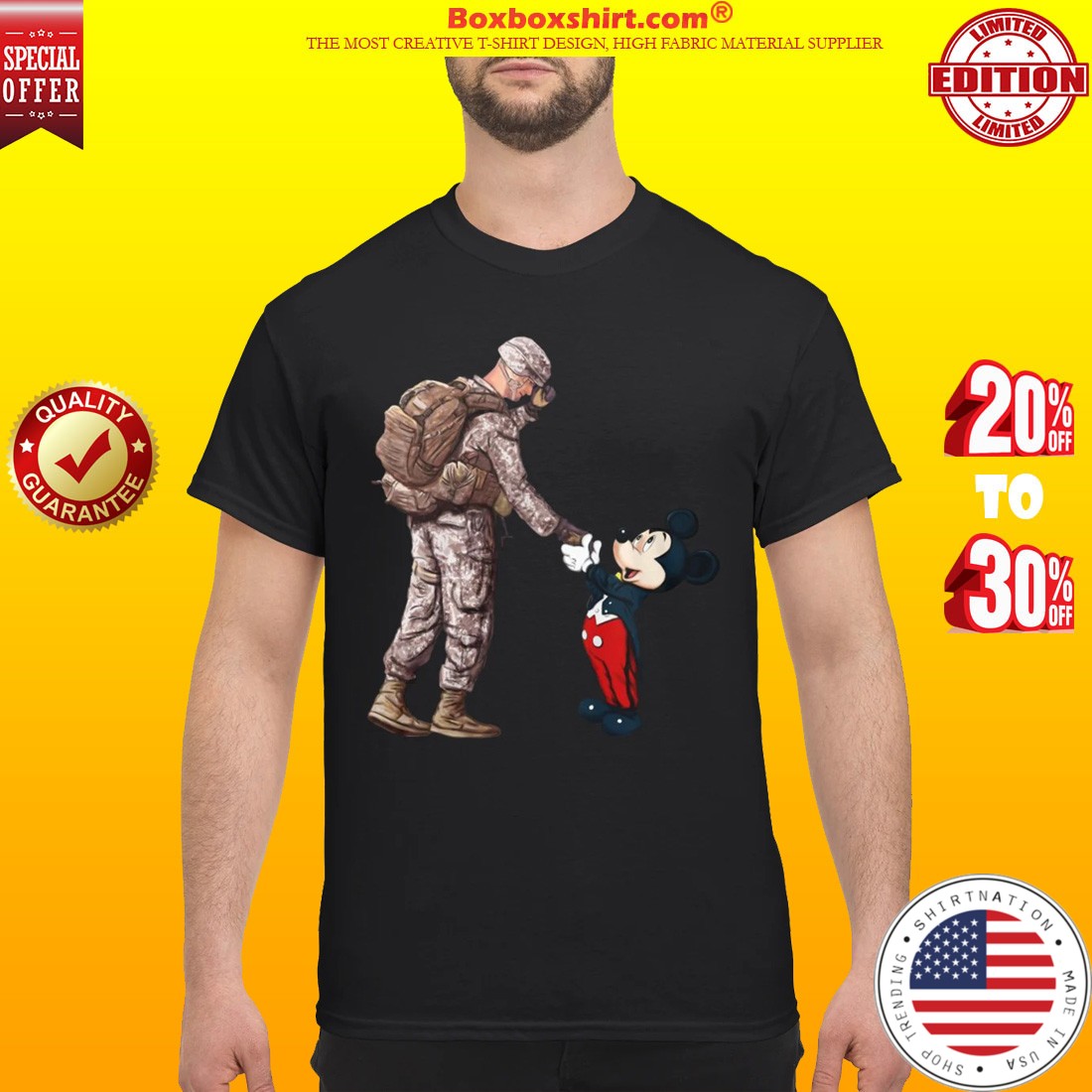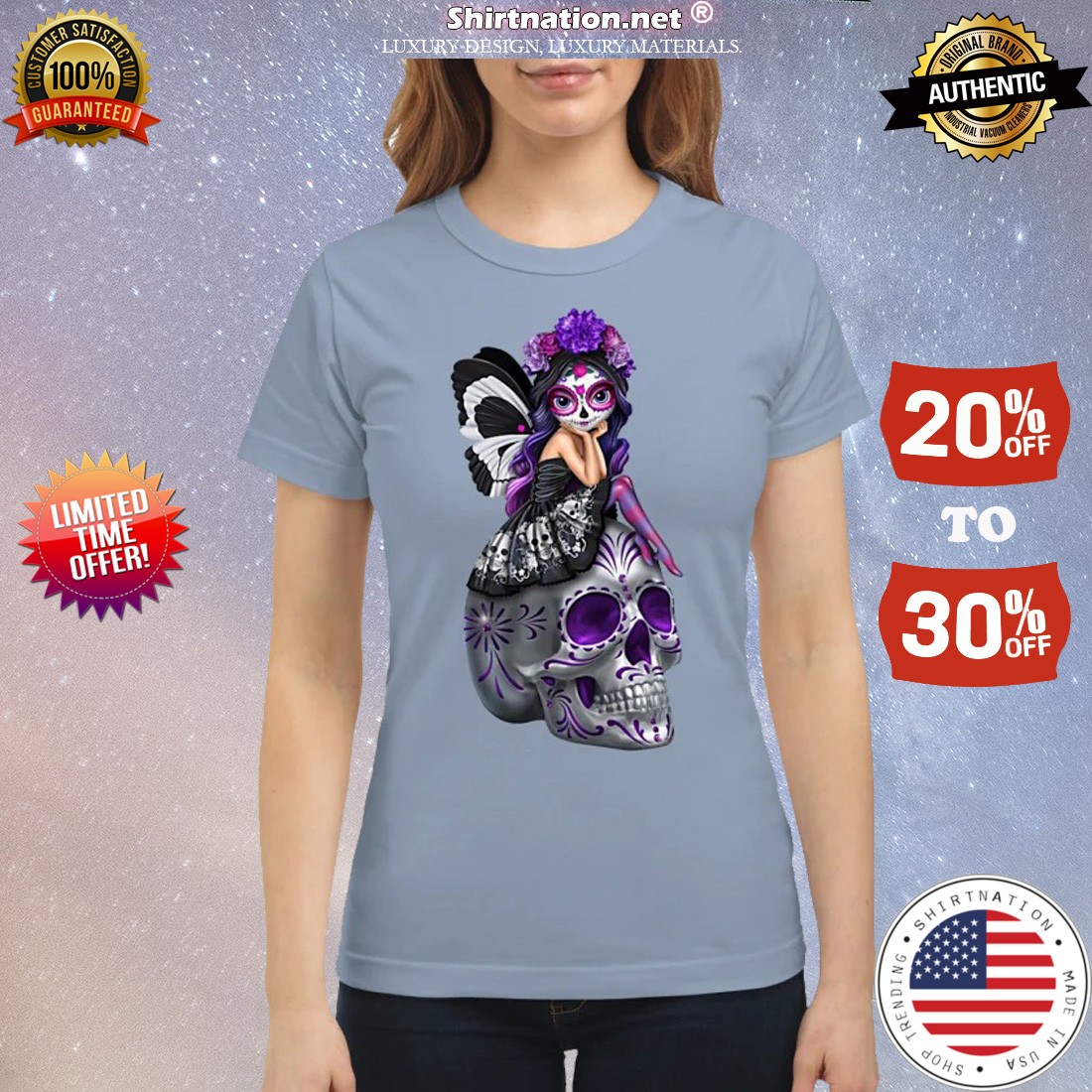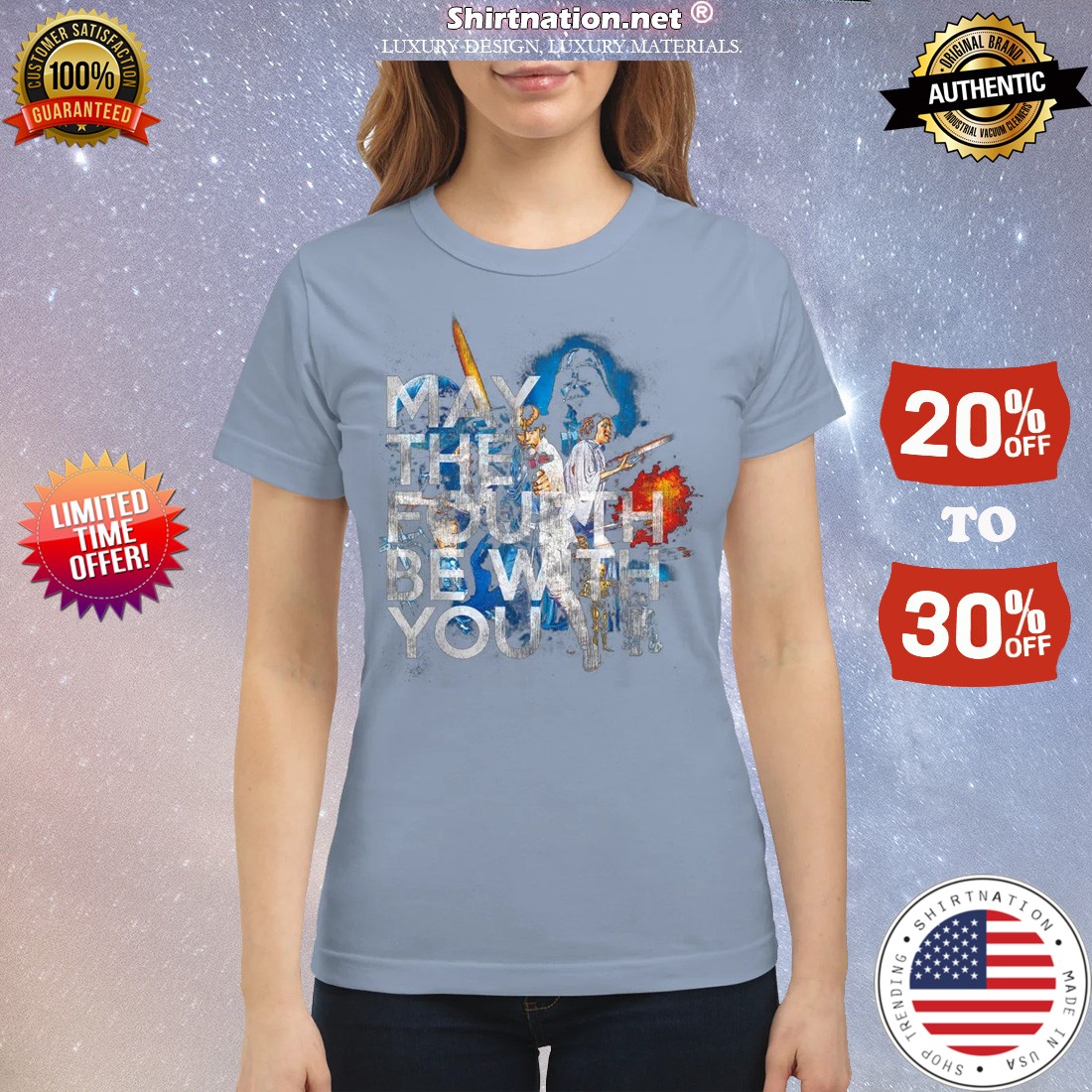Shove Gun Control Up Your Shirt
Whether it was the election, the pandemic, the riots, the political polarization — I think a lot more Black people see the importance of firearms and the self-preservation of our communities.Kourtney Redmond, president of the 761st Gun ClubHe had so much fun, he went again the next week. “It was very empowering to go through that process,” he said. “So that’s when the light bulb went on in my head and I said, ‘You know, as an African-American male, if I can have this much fun, I know folks from my community would enjoy doing this as well.’ Smith founded NAAGA the following year.Dickson “Q” Amoah founded the 761st Gun Club in 2016. “We had one member thatactually cried at the first meeting, because they were so appreciative. We had a gun club for us, by us, and about us.”Olivia Obineme for NPRAround the same time, Smith started digging into the history of Black people bearing arms in America.The Black Panthers’ armed patrols against police abuse in Oakland, Calif., in the ’60s are perhaps the most well-known and visible display of Black gun ownership. But Smith soon discovered that guns played an important role in Black liberation even before the country’s founding. Firearms helped aid Nat Turner’s rebellion against white enslavers. Harriet Tubman famously carried her pistol along the Underground Railroad. Civil rights leaders felt it was necessary to arm themselves against potential racial violence: from journalist Ida B. Wells insisting that every Black home be equipped with a Winchester rifle to Martin Luther King Jr. trying to obtain a concealed carry license.
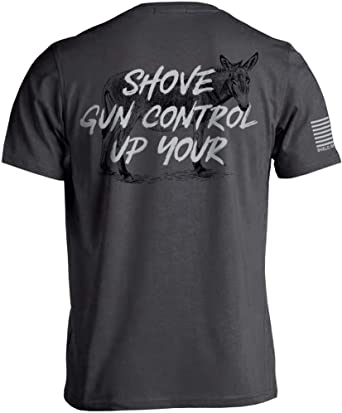
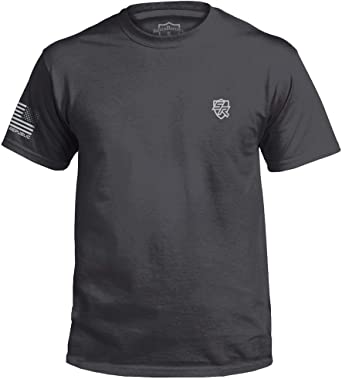
Shove Gun Control Up Your Shirt
Philip Smith isn’t surprised that a lot of Black gun owners have dealt with trauma and lived in fear of racist violence. “Unfortunately, a lot of African-Americans, on a daily basis, go through hell in this country,” he said.Smith’s journey to gun ownership was different from most. Before launching NAAGA nearly six years ago, he spent most of his life believing that guns, and the people who used them, were bad. “If you see a Black person walking down the street with a gun, the first initial thought that comes in most people’s mind, if they’re being honest, is that that guy is about to rob somebody or shoot somebody,” Smith said. “Unfortunately, that social narrative that’s being pushed out there, that gets people killed.”Smith’s views on guns began to evolve in his 50s. One pivotal moment came in 2014, when he reluctantly visited a gun range with some friends in Atlanta, where he now resides. Smith says the experience was eye-opening; he was surprised to find regular people at the range: “They didn’t have horns coming out their head and all that stuff.”
